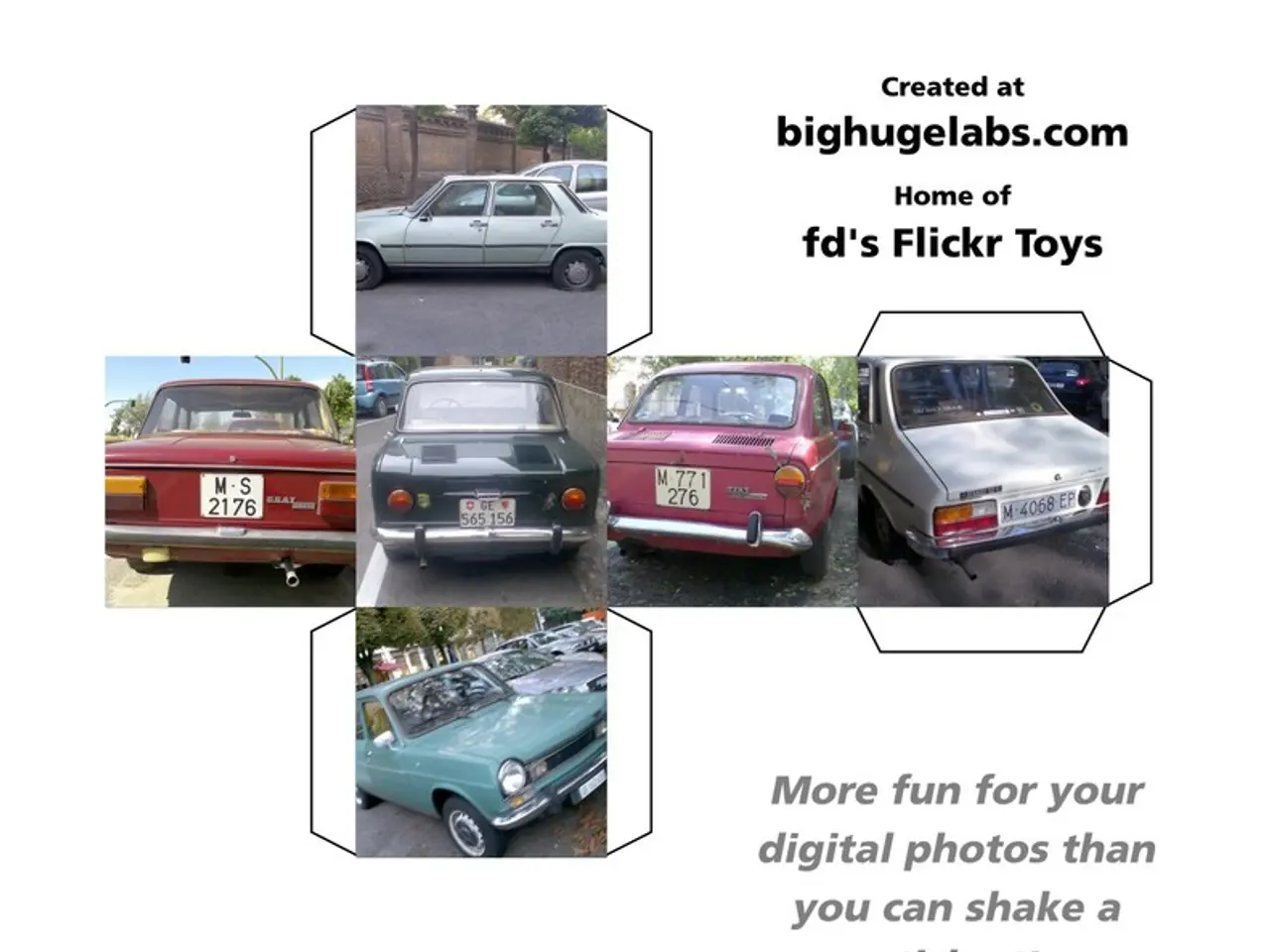New car prices in Russia drop: Average cost of fresh vehicles drops by 2 percent
In July 2025, the sales of brand-new cars surpassed 120,000 units, marking a slight recovery from the significant drop seen earlier in the year [1]. This increase can be attributed to a 25% decrease in sales for the year and the introduction of stimulating programs, as noted by the vice-president of the National Automobile Union, Yan Haitseer [2].
Despite the overall increase, the landscape of the Russian automobile market has undergone a substantial transformation. The departure of Western brands has left a void, which has been filled by Chinese car imports [4]. Brands like Haval, Hongqi, and Chery have seen a surge in popularity, selling over a million vehicles in Russia in 2024—a sevenfold increase from 2023 [4].
The prices of luxury models like Mercedes and BMW have skyrocketed due to this departure, but their imports have significantly decreased [1]. On the other hand, the prices of Chinese cars have fallen by 1.6% in the past month and 3.4% since the beginning of the year, with an average value of 3.52 million rubles [1].
Discounts are expected to remain until at least autumn, and possibly until the New Year, according to auto expert Andrei Lomanov [1]. This is due to the massive stocks of unsold cars, estimated at 400-500 thousand units, that car dealerships are struggling to offload [1].
The flow of luxury "grey" imports has decreased because those who wanted these cars have already bought them [1]. Rosstat calculated a 2% decrease in the prices of foreign cars from December to July, and the average price of used cars in July was 1.14 million rubles, a 3% decrease [1]. Experts predict that the trend of falling prices for "grey" cars will continue in the coming months.
Interestingly, others are now importing simpler, more affordable models instead of overpaying for the same German or Japanese models [1]. This shift in consumer behaviour is a response to the high interest rates and lack of affordable financing for buyers, which greatly reduced purchasing power, along with increased competition from Chinese car imports engaging in aggressive price dumping policies [2][5].
Inflation has not affected the car market significantly so far [1]. However, it's important to note that Moscow raised import tariffs on Chinese cars recently to around $7,500 to curb cheap imports and support local manufacturers, though this has not reversed the demand declines [4].
Despite the overall drop, brands like Lada still hold a large domestic market share, though challenged by imported alternatives [1][3][5]. The most affordable model, the Hongqi HS5, has even seen a 7.2% price decrease [1]. The top 5 most devalued models are: Hongqi HS5 (-7.2%), Haval Jolion (-4.1%), Tank 400 (-3.7%), Soueast S09 (-3.5%), and Chery Tiggo 8 (-2.8%) [1].
In summary, the main cause of the 25% demand fall is financial constraints on buyers combined with fierce Chinese import competition, which has simultaneously triggered a slight decrease in new car prices amid efforts to protect the local industry [2][4][5]. The market is expected to continue evolving as consumers adapt to the new economic landscape and manufacturers adjust their strategies.
References:
[1] Auto.ru Evaluation service data [2] Reuters [3] The Moscow Times [4] Bloomberg [5] Forbes Russia
- The recovery in new car sales in July 2025 was due in part to a surge in popularity of Chinese brands such as Haval, Hongqi, and Chery, which saw a sevenfold increase in sales in Russia in 2024.
- Despite the rise in popularity of Chinese brands, the prices of luxury cars from brands like Mercedes and BMW have skyrocketed due to the departure of Western brands, but their imports have significantly decreased.
- Inflation has not significantly affected the car market, but the Russian government has raised import tariffs on Chinese cars to curb cheap imports and support local manufacturers.




